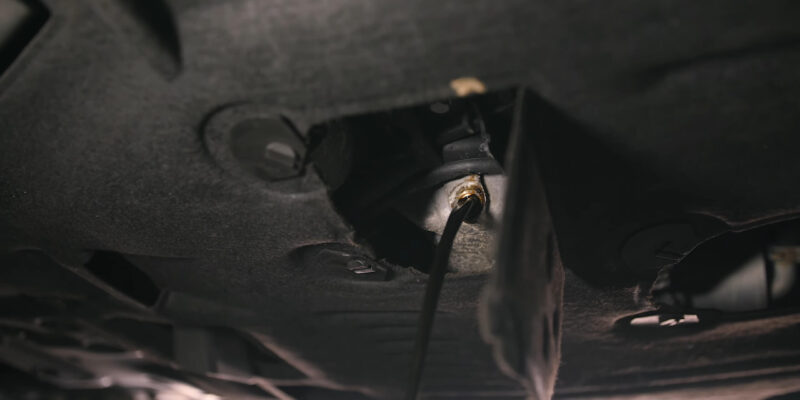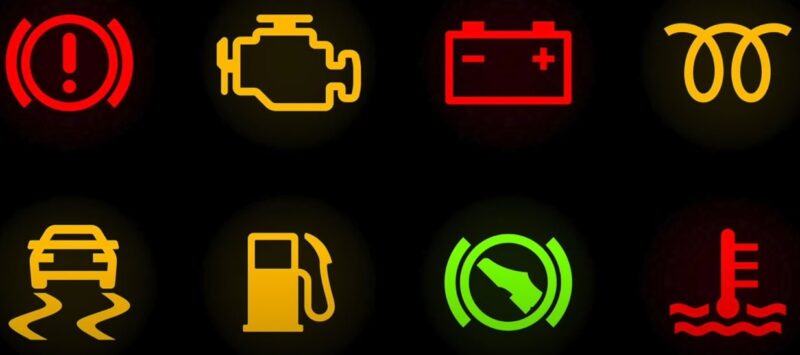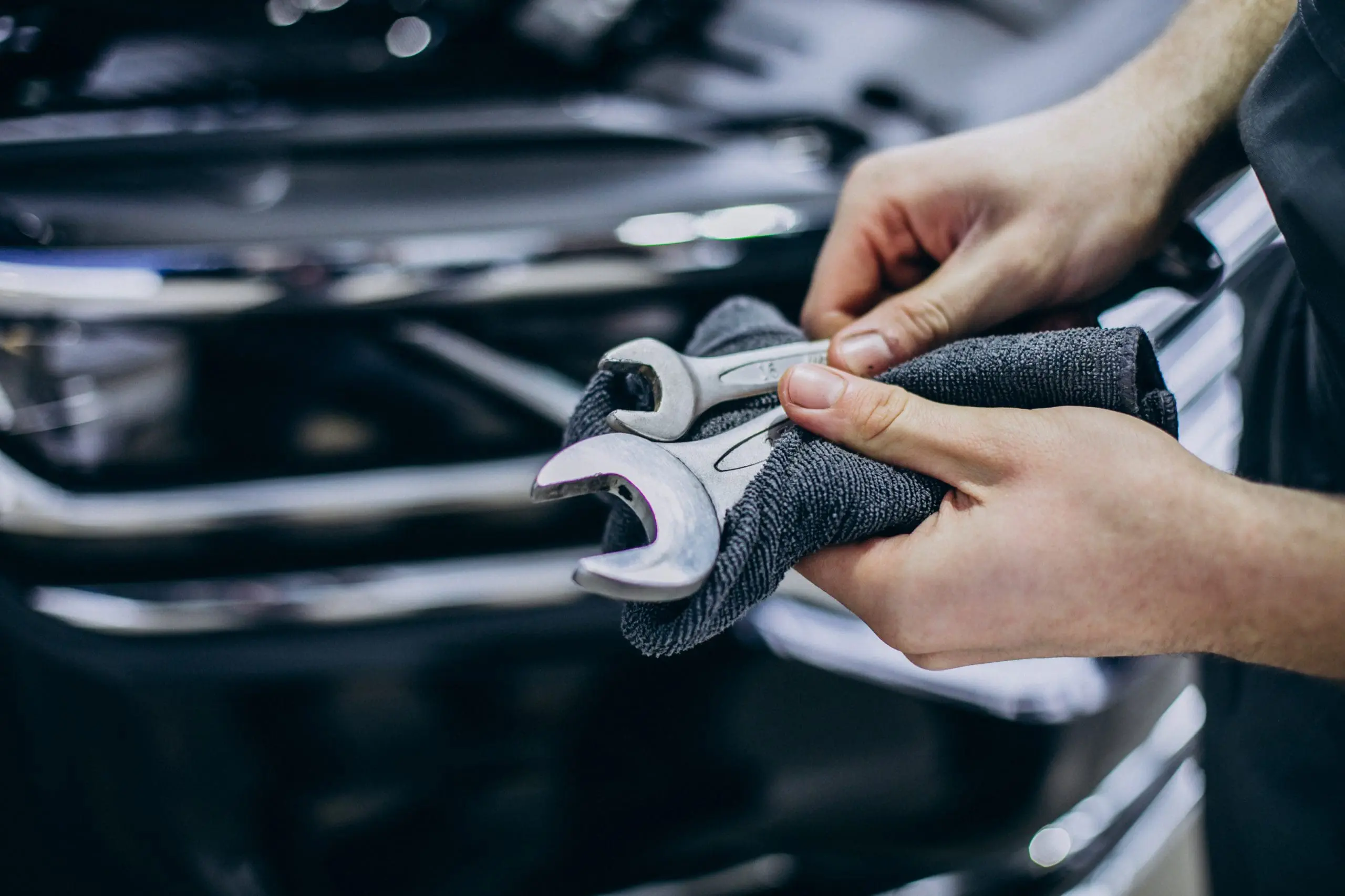Cars serve as more than just vehicles. They represent freedom and adventure. Regular servicing is vital for maintaining performance and safety. Scheduling service may seem like a hassle, but it ensures your car remains reliable and in peak condition.
Let’s explore how often to get your car serviced.
Key Takeaways
- Regular service is recommended once a year for most drivers.
- This applies to those with standard mileage and typical driving habits.
- High-mileage drivers should schedule interim services every six months to maintain optimal performance.
How Does Driving Style Affect the Vehicle?

Driving habits play a significant role in how often you should service your vehicle.
City Driving
- Frequent Stop-and-Go: Can lead to increased wear on brakes and engine components.
- Recommended Service Interval: Every 5,000 to 6,000 miles.
- Additional Insights: Idling in traffic can cause your engine to overheat. Regular checks on cooling systems are essential.
Highway Driving
- Long, Steady Miles: Driving on highways is generally easier on your car, leading to less wear.
- Recommended Service Interval: Every 7,500 to 10,000 miles.
- Additional Insights: Promotes better fuel efficiency and less engine strain. Keep an eye on tire wear since highway speeds can affect them.
Aggressive Driving
- Hard Acceleration and Sudden Braking: Leads to quicker wear on tires, brakes, and suspension.
- Recommended Service Interval: Every 3,000 to 5,000 miles.
- Additional Insights: Aggressive driving can reduce your fuel economy and lead to costly repairs. Regular inspections of brakes and suspension are crucial.
Towing or Heavy Loads
- Increased Strain on the Engine: Towing puts additional stress on the vehicle’s engine and transmission.
- Recommended Service Interval: Every 3,000 to 5,000 miles.
Services You Just Can’t Ignore
Keeping your car in prime condition requires more than just regular servicing. Certain key services are essential to maintaining performance and safety.
Oil Change

- Importance: Keeps the engine lubricated and running smoothly.
- Frequency: Every 5,000 to 7,500 miles, depending on oil type.
Tire Rotation
- Purpose: Promotes even tire wear and extends tire life.
- Frequency: Every 6,000 to 8,000 miles..
Brake Inspection
- Significance: Ensures your braking system is functioning correctly for safety.
- Frequency: At least once a year or if you notice any issues.
Fluid Checks
- Types of Fluids: Engine oil, transmission fluid, brake fluid, coolant, and power steering fluid.
- Frequency: Every service or at least every six months.
Battery Maintenance
- Importance: A reliable battery is essential for starting your vehicle.
- Frequency: Check at every service and replace every 3 to 5 years.
- Additional Insights: Look for corrosion on terminals. Ensure the battery is securely mounted to avoid vibrations that can damage it.
Red Flags Your Car Needs Help
Being aware of the signs that indicate your car needs immediate attention is crucial. Catching issues early can save you from costly repairs and keep your ride safe.
Unusual Noises
- What to Listen For: Grinding, squeaking, or knocking sounds.
- Possible Issues: Worn brakes, loose components, or engine problems.
- Action: Have a professional diagnose the source of the noise as soon as possible.
Warning Lights

- Common Lights: Check engine, oil pressure, battery, and brake warning lights.
- What They Mean: Each light indicates a specific issue that needs addressing.
- Action: Don’t ignore warning lights. Refer to your owner’s manual for guidance and schedule a check-up.
Fluid Leaks
- What to Look For: Puddles or spots under your car.
- Common Fluids: Oil, coolant, transmission fluid, or brake fluid.
- Action: Identify the type of fluid and consult a mechanic. Leaks can lead to severe damage if not addressed.
Changes in Performance
- Signs to Notice: Decreased acceleration, stalling, or rough idling.
- Possible Causes: Fuel system issues, transmission problems, or spark plug failures.
- Action: Schedule a diagnostic check to identify the underlying issue.
To understand the differences between regular and platinum spark plugs and how they can impact your engine, check out this guide here.
Unresponsive Brakes
- What to Feel: A spongy pedal or vibrations when braking.
- Potential Issues: Worn brake pads, air in the brake lines, or a failing master cylinder.
- Action: Prioritize this issue. Brake problems can compromise your safety.
Tips to Keep Your Service on Track
Staying on top of your car’s service schedule is vital for maintaining its performance and longevity. Here are some practical tips to help you keep your maintenance routine organized.
Keep a Service Log
- Document Everything: Record all service dates, what was done, and any notes on vehicle performance.
- Easy Reference: A service log helps track your car’s maintenance history and can be useful for future repairs.
Find a Trusted Mechanic
- Build a Relationship: Establish a rapport with a mechanic you trust. This can lead to better service and advice.
- Research: Look for reviews and recommendations to find a reliable shop that specializes in your vehicle type.
Regular Inspections
- Visual Checks: Make it a habit to inspect your car regularly for any obvious issues, such as tire wear or fluid levels.
- Monthly Checks: Consider doing quick checks monthly to ensure everything is in good condition.
Follow Seasonal Maintenance
- Pre-Season Checks: Schedule service before winter and summer to prepare your vehicle for temperature extremes.
- Focus Areas: Winter may require checking antifreeze levels, while summer should focus on cooling systems.
For more details on the importance of the head gasket and how it affects your car’s performance, check out this guide here.
DIY Maintenance – What You Can Do
Taking care of your car doesn’t always require a trip to the mechanic. Many maintenance tasks can be done at home, saving you time and money.
Oil Changes
Regular oil changes keep your engine lubricated and running smoothly.
- Gather tools: oil filter wrench, socket set, and new oil.
- Drain the old oil, replace the filter, and refill with new oil.
- Frequency: Every 5,000 to 7,500 miles, depending on oil type.
Tire Maintenance
- Use a tire pressure gauge to ensure all tires are inflated to the recommended PSI.
- Rotate tires according to the manufacturer’s guidelines.
Air Filter Replacement
- Locate the air filter (usually near the engine).
- Remove the old filter and replace it with a new one.
- Frequency: Every 12,000 to 15,000 miles or as needed.
Battery Maintenance
- Disconnect the battery, and clean terminals with a mixture of baking soda and water.
- Reconnect securely.
- Frequency: Check at each service interval.
Wiper Blade Replacement
- Lift the wiper arm and remove the old blade.
- Attach the new blade securely.
- Frequency: Every six months or as soon as you notice reduced visibility.
Common Myths
There are plenty of misconceptions about car servicing that can lead to confusion and potentially costly mistakes. Let’s clear up some common myths so you can make informed decisions about your vehicle’s maintenance.
Myth 1 – I Only Need to Service My Car When Something Goes Wrong
- Reality: Waiting for a problem to arise often leads to bigger issues.
- Insight: Regular service helps prevent problems before they start, keeping your car reliable.
Myth 2 – All Mechanics Are the Same
- Reality: Quality and expertise can vary significantly among mechanics.
- Insight: Research and choose a mechanic who specializes in your vehicle make and model for better service.
Myth 3 – You Can Skip Services if You Don’t Drive Much
- Reality: Time-based service intervals are just as important as mileage.
- Insight: Fluids can degrade over time, even if the car isn’t driven frequently. Regular checks are still necessary.
Myth 4 – Premium Fuel Means I Don’t Need Regular Servicing
- Reality: Using premium fuel does not replace the need for regular maintenance.
- Insight: All vehicles benefit from regular oil changes, tire rotations, and inspections, regardless of fuel type.
Conclusion
Regular car servicing is crucial for your vehicle’s performance and safety. Understanding your driving style helps you determine service needs. Staying on top of key services and recognizing warning signs can prevent costly repairs.

